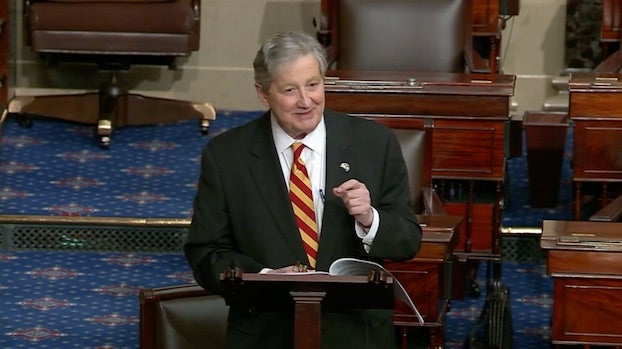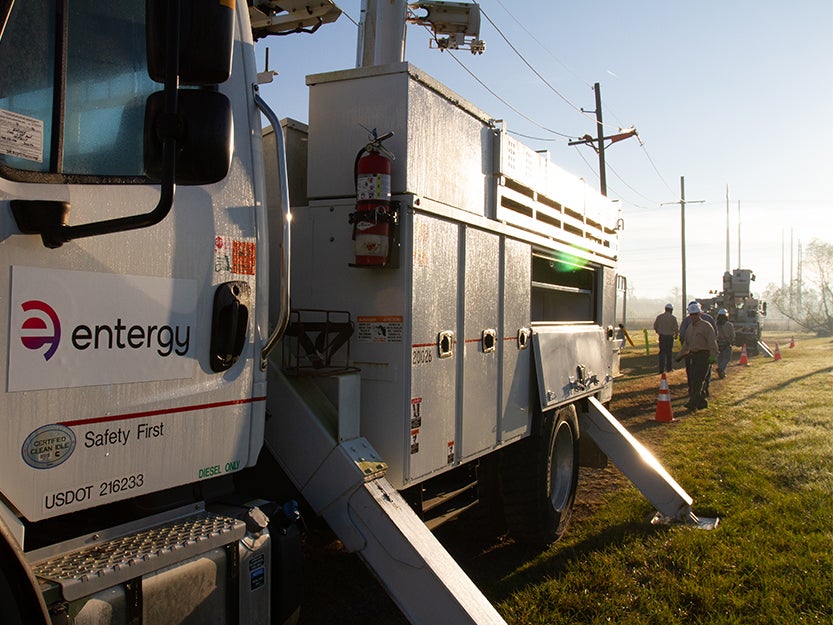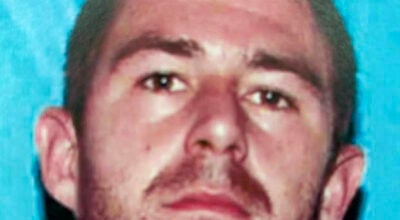Eight constitutional changes going to voters next year
Published 3:38 pm Friday, June 14, 2013
BATON ROUGE (AP) — Louisiana lawmakers are proposing eight new changes to the state constitution following their regular session, including new protections from steep budget cuts for certain health care providers.
But the constitutional amendments will linger for more than a year before voters decide if they take effect. The next statewide election isn’t until 2014, and efforts to hold a special election this year on the amendments stalled in the recently ended legislative session.
Two constitutional changes that grabbed the most attention from lawmakers would make it more difficult to reduce dollars paid to private hospitals and nursing homes for taking care of Medicaid patients. The bills were sponsored by House Speaker Chuck Kleckley, R-Lake Charles.
Supporters said the proposals would stabilize funding for health care services and help protect them from damaging cuts that reimburse hospitals, for example, at rates less than it costs to provide the services. They said the facilities generate dollars that are used to draw down federal Medicaid matching money, so they should be afforded some shielding from cuts.
“I think every one of us knows Louisiana hospitals are in crisis and, frankly, what that means is that the patients that they care for are at risk,” said Sen. Sherri Buffington, R-Keithville.
The recent decision by the legislature to put the questions to voters came despite concerns that locking up an estimated $1.9 billion in the Medicaid program would leave public colleges more vulnerable to cuts during budget shortfalls, because higher education would be the least-protected part of the state budget.
“About 10 percent of your budget is discretionary. You’ll have much less discretion if this becomes law,” Jan Moller, head of the Louisiana Budget Project, told senators.
Currently, Medicaid provider rates are set by the state Department of Health and Hospitals. The proposals would eliminate DHH’s ability to cut rates without support from lawmakers.
One measure would let hospitals pool their money and use those dollars to draw down federal Medicaid money. In exchange, cuts to hospital payments would be limited and require a two-thirds vote of lawmakers.
The other proposal would set a minimum level for Medicaid patient reimbursements paid to nursing homes, pharmacies and institutions for the developmentally disabled based on next year’s Medicaid reimbursement rates. Cuts to payments also would face restrictions and would require the support of two-thirds of lawmakers.
Other proposed constitutional amendments would:
—Spell out in the constitution that millions of dollars in donations that oil companies make for artificial reefs can’t be used for other purposes. Gov. Bobby Jindal and lawmakers have stripped dollars from the Artificial Reef Development Fund in recent years to plug budget holes.
—Limit when tax rebates can be considered by lawmakers to the same odd-numbered years as when tax exemptions, credits and other tax break programs can be debated.
—Shorten the redemption period for blighted or abandoned property sold at a tax sale to 18 months, instead of three years. That period is when the previous owners can pay to regain ownership of the property.
—Exclude permanently disabled homeowners from a requirement that they certify their income annually to keep a special property tax rate.
—Tweak the language that allows veterans with certain service-related disabilities to get a higher homestead exemption than other property owners.
—Changes the membership of the state’s Wildlife and Fisheries Commission.





